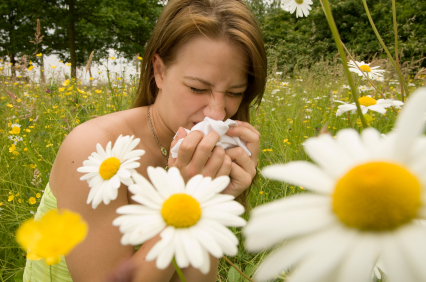
Pollen allergies first become a concern during the month of April in most years. But warm temperatures in Florida and Georgia are already creating havoc for those who have to deal with the difficult seasonal allergy.
Dr. Stanley Fineman, an allergist with the Atlanta Allergy & Asthma Clinic, says, “Because the pollen counts have gotten so high, so early, people are starting to have more symptoms.” Pollen is spread through flowers and plants, which are blooming early because of the warm temperatures.
The most common allergy symptoms associated with pollen are sneezing, a runny nose, and watery eyes.
If a cooling trend hits the areas producing pollen, the symptoms may become much worse for allergy sufferers later this year. The problem is that the body will react to the disappearance of the pollen following its initial appearances only to have to face more of it later in the spring.
“You become sensitized to it,” Dr. Fineman said. “So when you’re sensitized and re-exposed, you can get an even more violent allergic reaction.”